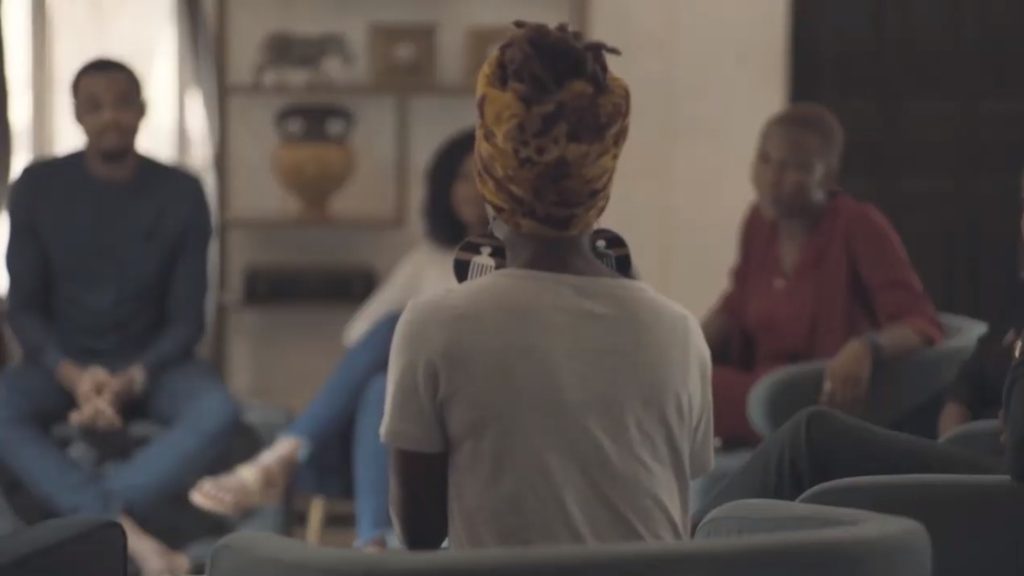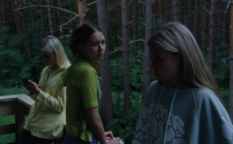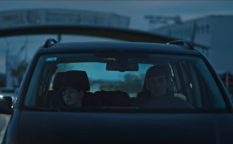‘No Victors’ Breaks Ground on Necessary Historical Discourse in Nigeria

Ifeoma Chukwugo’s No Victors, the illuminating ongoing documentary project currently under halt due to the Covid-19 situation, gets its name from the famous phrase uttered by Yakubu Gowon, a former leader of Nigeria at the end of the country’s only recorded civil war. “No Victor, No Vanquished”, the saying goes. But this documentary begs to differ. While there may not have been clear winners, history, or the absence of it is the trigger for the documentary that attempts to reconcile all the differing views of a time in history that continues to be systemically erased from modern Nigerian consciousness. What makes No Victors so radical is its audacity. Featuring a collection of brilliant young Nigerians spread across ethnicities within the country, the camera stills and lets them debate the enormity of an event that happened when none of them were born and how its consequences continue to reverberate through the Nigeria we know today.
Even more galling is when one watches and realizes just how much of the history has been left as the pursuit of those directly affected to pass on through stories, and on occasion a book or two. The talking points are many. We are taken through the horrors of the war where a participant relays her step mother’s memories of seeing a man killed in front of his spouse and child, a soldier who dared to be merciful and was made to dig his own grave before he was shot into it. We are given access to memories that would otherwise be absent from the nation’s collective consciousness. We are tuned to anger when learning of the national economic policy that stripped an entire ethnic group of its properties and wealth, handing the paltry sum of twenty pounds to every man, regardless of what economic position he occupied before the war. We are taken into present day where the eastern participants run through instances of structural discrimination in housing and jobs and their attempts to succeed by disinheriting themselves of cultural markers such as language.
Crucial questions are asked. Why does the country lack a foundation of historical knowledge? Why do we take one side as the whole truth and invalidate the other? And most importantly how can we avoid repeating the history to happen, and move on? The camera angles are sparse and direct, providing as little interference as possible to hint at the seriousness of the discourse and avoid distracting flourishes. There are no voiceovers or talking heads. The discussion is shot from overhead, as well as occasionally moving around the listeners forcing us to pay attention not only to what is being said, but how it is received. The speakers are introduced quickly, staring into the camera as their names and ages are displayed. Crucially, we are not told of their ethnic identities unless they volunteer it in the discussions.
The documentary falls, prey to the collective Nigerian habit of over-spending time on the dysfunction rather than the solution. But in this case, it works. It is necessary for the audience to get the fullest possible context of how Africa’s giant continues to be disrespectful to the burden of history and the stories swapped are needed receipts. Fortunately, things don’t end on a note of pessimism. Solutions are proffered. There are obvious ones like the need for monuments to keep the memories from fading with the death of the older generation. There are also incisive ones such as maximizing one’s sphere of influence through positive value sharing and making a proactive attempt to know one’s civil rights.
No Victors is not a flashy attempt, it is a serious-minded documentary dealing with heavy questions. But in country where the political leadership has failed to tackle these issues, the documentary is positive proof that the task has fallen on capable young hands.
The two episodes of the project are available on Youtube.
















